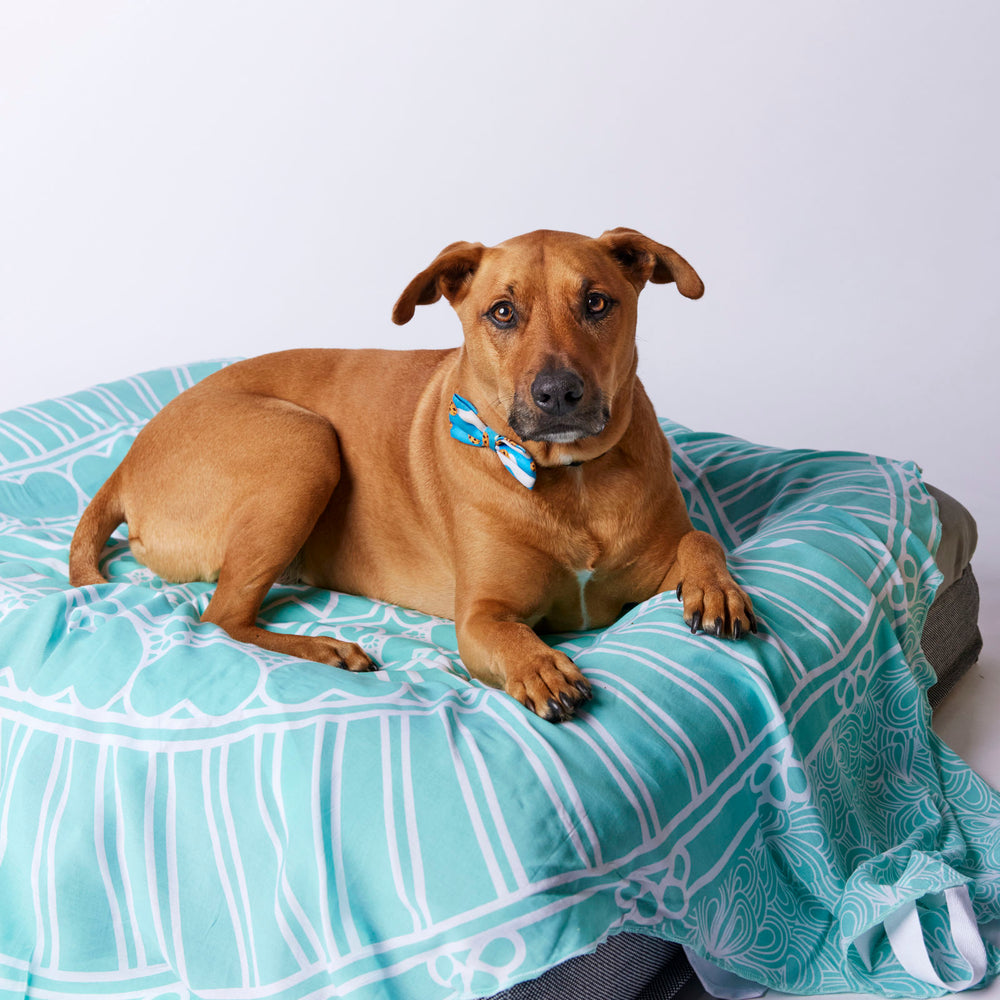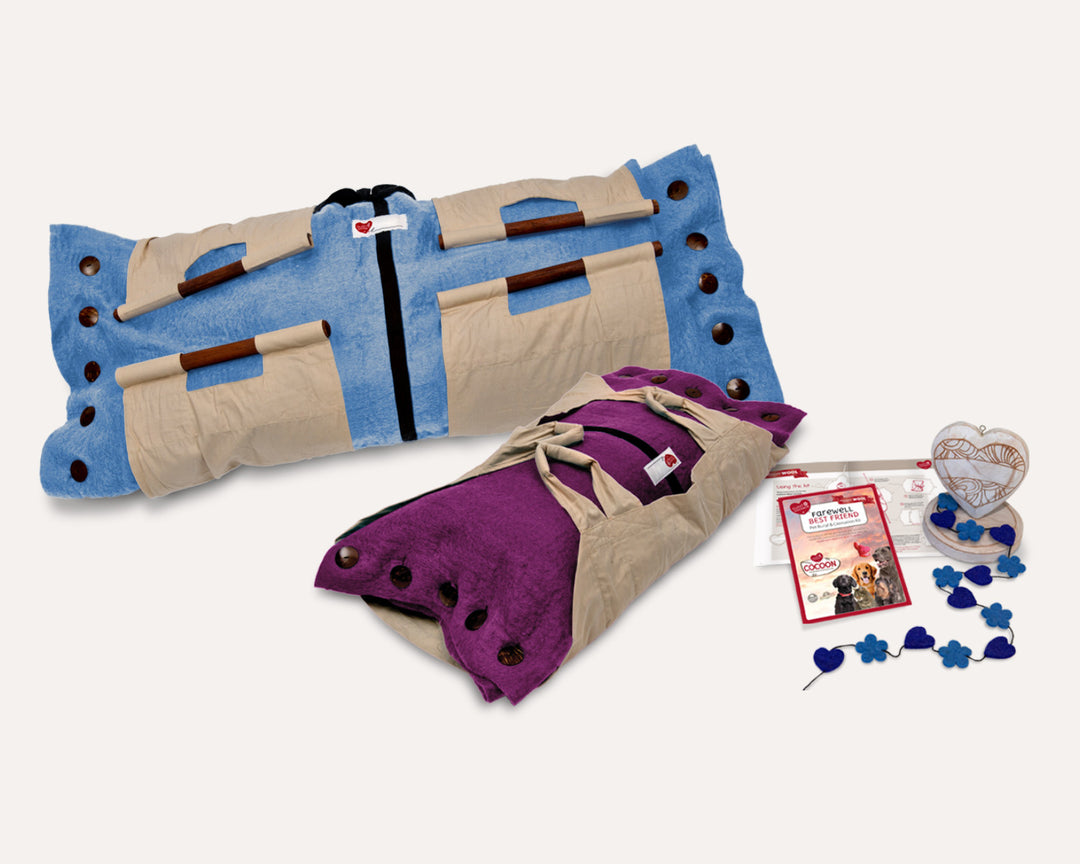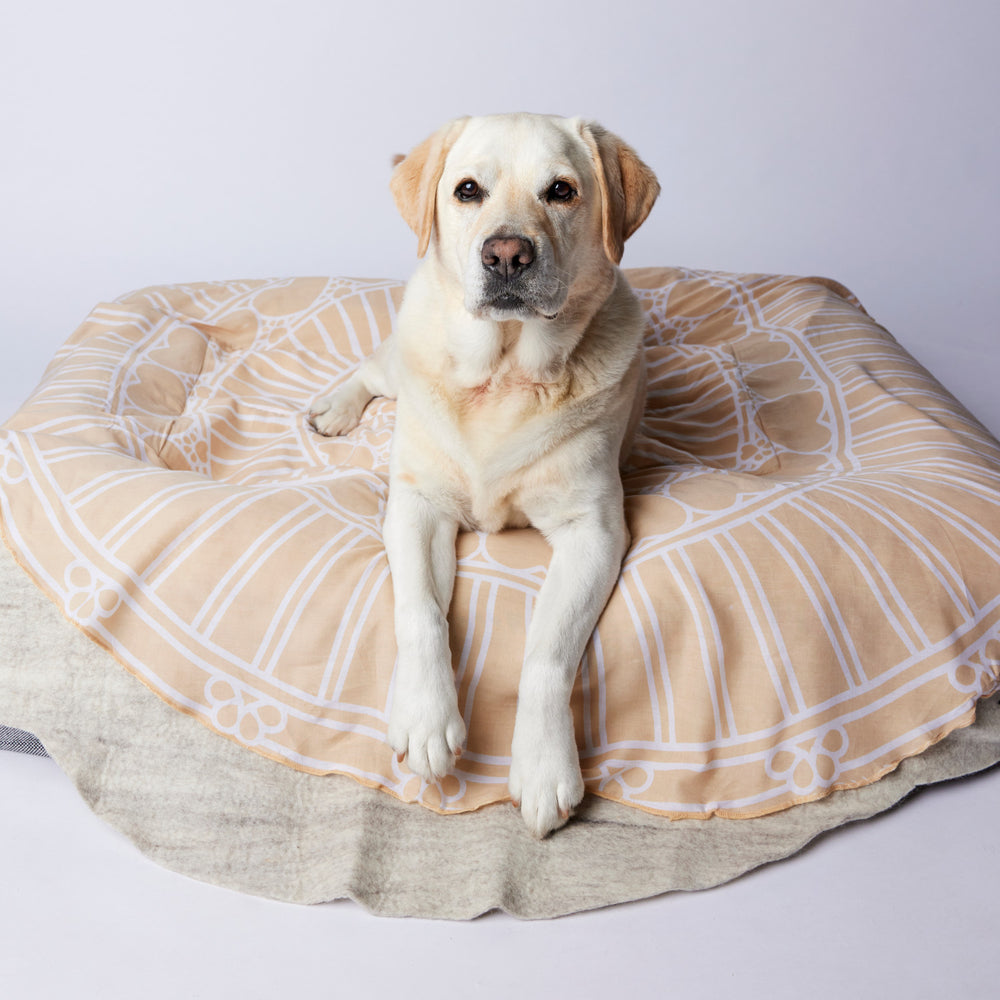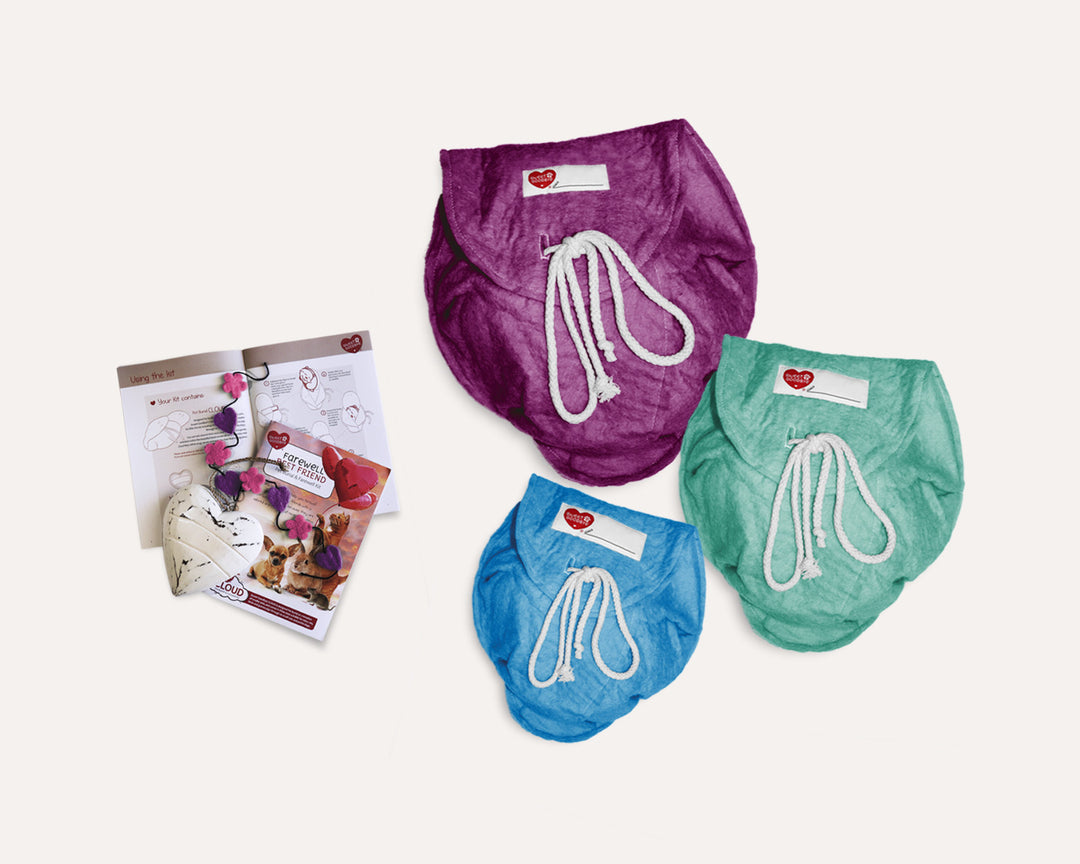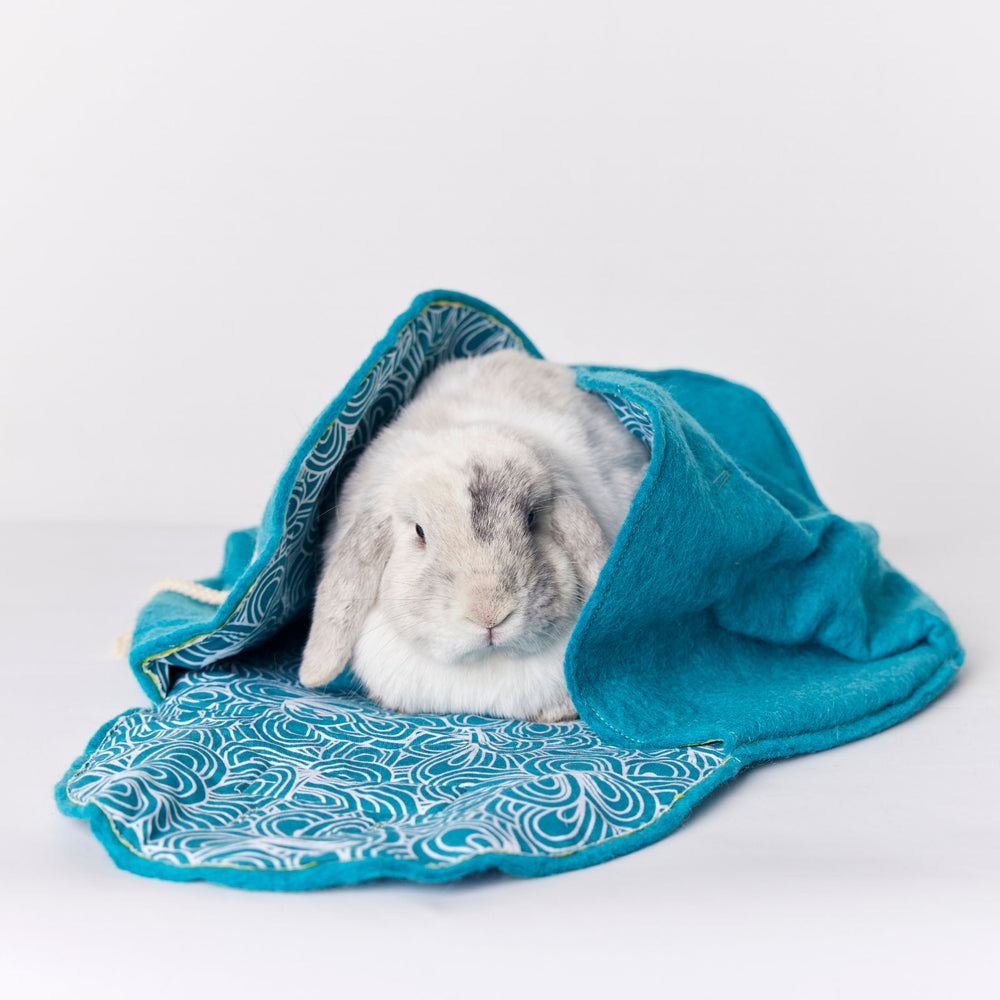Anxiety in Senior Cats and What we can do about it

It can often be tricky to spot when something is amiss with your pet, particularly when it is a condition that impacts their mental, rather than physical health.
In this instance we are addressing anxiety, a common condition that occurs as our furry friends age, and breaking down some of the signs and symptoms to watch out for. Our Registered Veterinary Nurse and Sweet Goodbye Customer Service Coordinator, Chelsea Leonard also supports us with some tips and solutions for how we might address them to ensure your feline friend feels as calm and safe as possible.
Commons signs and symptoms
Like humans, anxiety can impact cats in many ways, often starting with changes in mood and impacting their behaviour. This might come across as restlessness, pacing, hiding and increased aggression. It can also be displayed as disruptions in regular habits like eating, drinking, grooming and even issues using their litter box.
Some common symptoms include:
- Constantly hiding
- Unusual aggression
- Becoming unusually vocal or crying
- Increased scratching and destructive habits
- Noticeable weight loss
- Avoiding using the litter box
Reasons for senior cat anxiety
There are a few different reasons why your senior cat might be experiencing anxiety, and this can often be due to their age. When cats age, just like us, they occasionally experience some aches and pains like arthritis and sensory decline which can cause an unusually anxious cat. Senior cats can also be affected by diseases that impact the brain such as dementia, which can cause disorientation and confusion. Aside from age, senior cats who experience life changes like the loss of a companion or moving into a new home can also struggle with anxiety.
Is my senior cat just ageing or are they experiencing anxiety?
As relaxed as our cool cats can be, they are certainly creatures of habit. It’s important to keep a close eye on your senior cat to help identify any unusual behaviours. Simply ask yourself “Are they behaving differently out of the blue?” and “Has anything changed recently that is causing this?.” Discomfort can unfortunately be a natural part of a pet's ageing, and can include similar symptoms, such as excessive sleep and irritability, so it’s important to be aware of these and how they might be affecting your pet.
Ways to help you senior cat with anxiety
We all want what’s best for our feline friends, so it’s important to take a step back and observe what your pet truly needs. You can often alleviate their anxiety by maintaining a regular structure and routine to provide them with a sense of comfort.
If there have been some big life changes in your pet’s life like moving homes, be patient as it can take several weeks for them to adapt to their new environment. Surrounding them with familiar items from your previous home can also provide reassurance, such as old toys, bedding or items that they are accustomed to using. According to the RSPCA, you should keep your cat indoors for a minimum of two weeks after moving homes to allow them to become used to their new environment and avoid getting lost or disorientated in outdoor spaces.
If your pet is experiencing anxiety due to natural bodily decline that comes with ageing, you can help them by setting some boundaries with your immediate family. Reducing noise around them, slowly approaching them if they are struggling with vision, and making sure they have safe and easy access to a quiet place to rest are all simple ways to help alleviate unnecessary stress.
Can diet and nutrition impact anxiety levels in senior cats, and are there specific recommendations for calming foods or supplements?
According to Registered Veterinary Nurse, Chelsea Leonard, nutrition can certainly have an impact on your pet’s anxiety levels. Just like with humans, a healthy and balanced diet with adequate vitamins and minerals aids a healthy nervous system, and can assist your senior pet to be in a calmer state.
It’s important to consult your local veterinarian before making any drastic changes to your cat’s meal plans, however it is worth doing your research too, as there are various products available that aim to provide some stress relief. Some suggestions include, The Royal Canin Calm Cat Dry Food which includes hydrolyzed milk protein and L-tryptophan to reduce stress and increase happy hormones!
For more serious cases, you can also consider over the counter supplements which vary in effectiveness, depending on your feline’s stress levels. If there are calls for concern, and your cat’s anxiety doesn’t subside, make sure to get them checked out at your local vet.
What types of activities or mental stimulation can be beneficial for reducing anxiety in cats?
Just because your senior cat doesn’t have the same energy they had when they were a kitten, mental stimulation is still important for their wellbeing. You might consider using some different toys and increasing bonding activities in their daily routine to provide a source of excitement for them. Gentle activities like playing with small toys can provide enough mental enrichment for them without risking any physical discomfort.
Helping your senior cat through a bout of anxiety depends on the extent of their symptoms, ranging from quality bonding time to medication from the vet in more pronounced cases. If you are seriously worried about your furry friend, or if you’re just unsure, always check with your vet.





